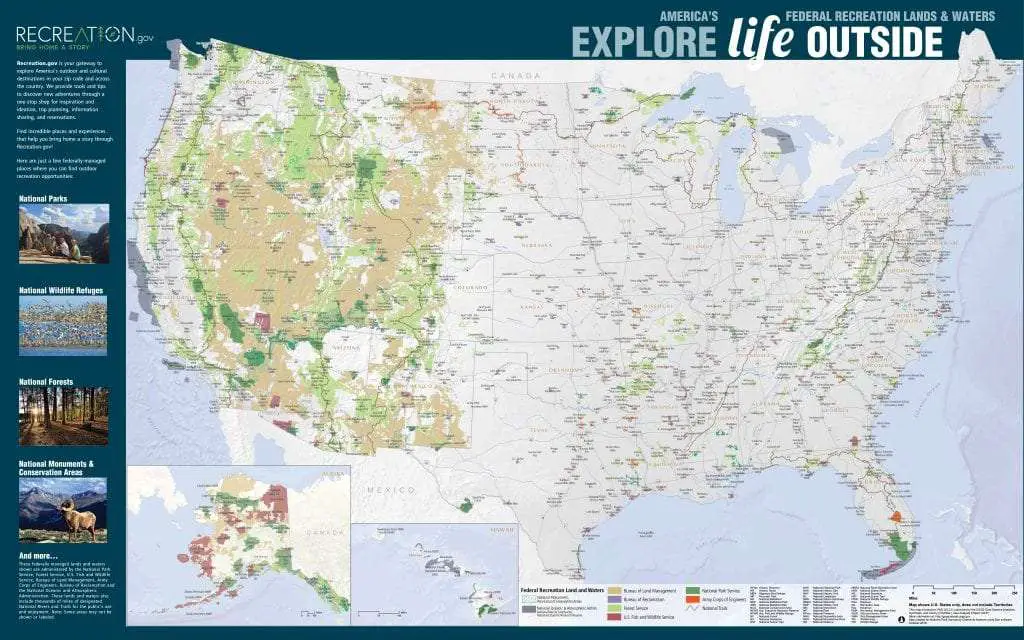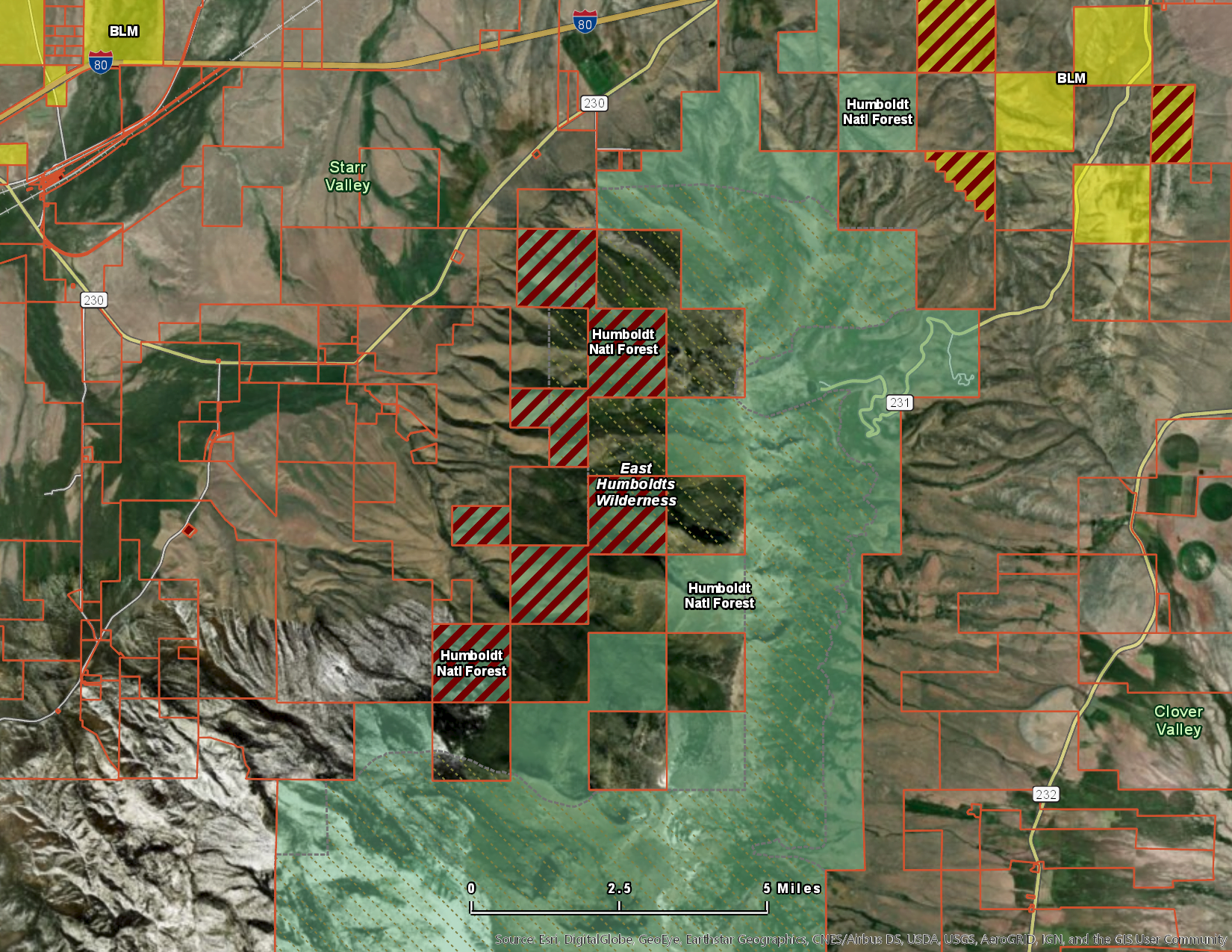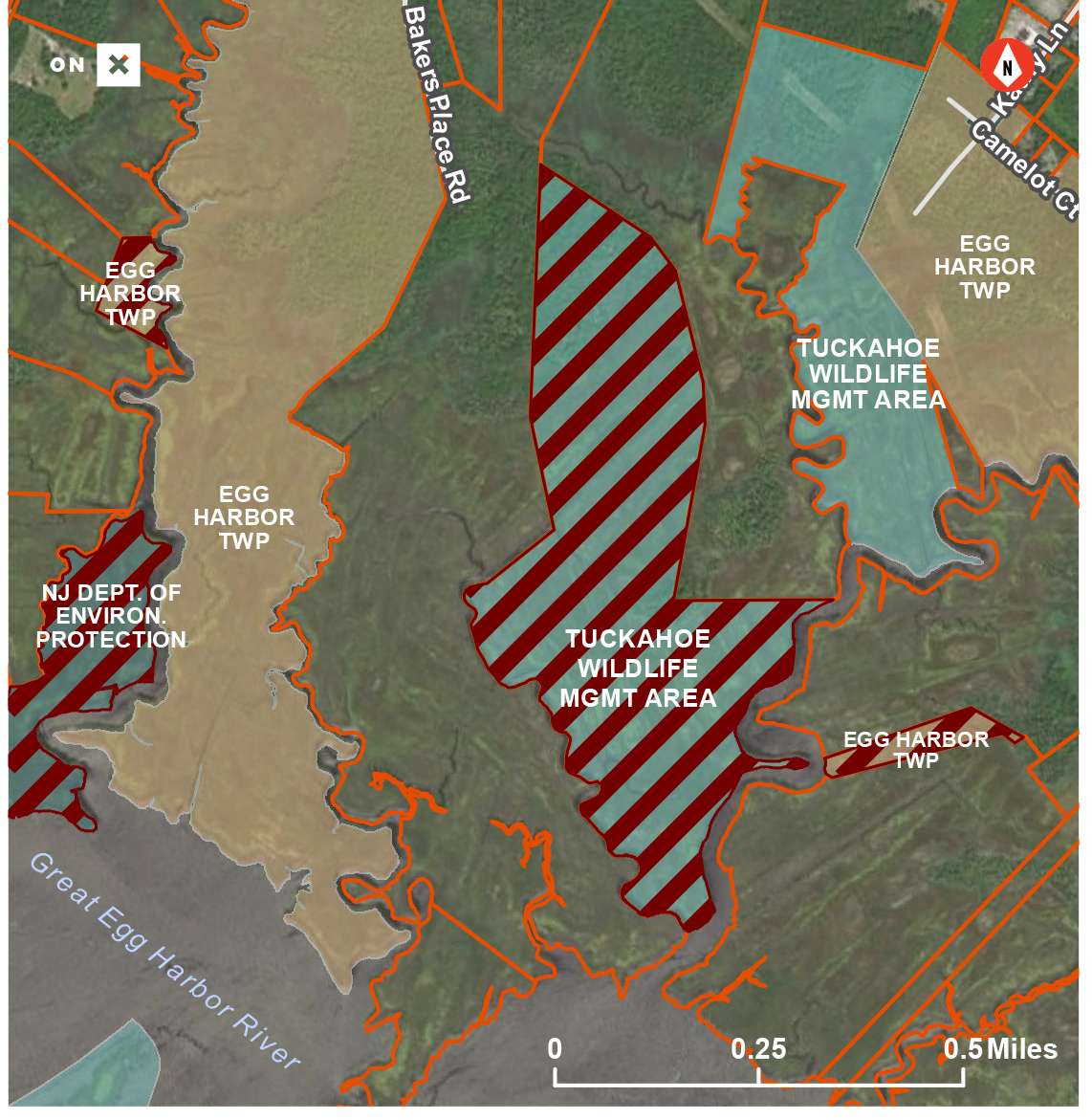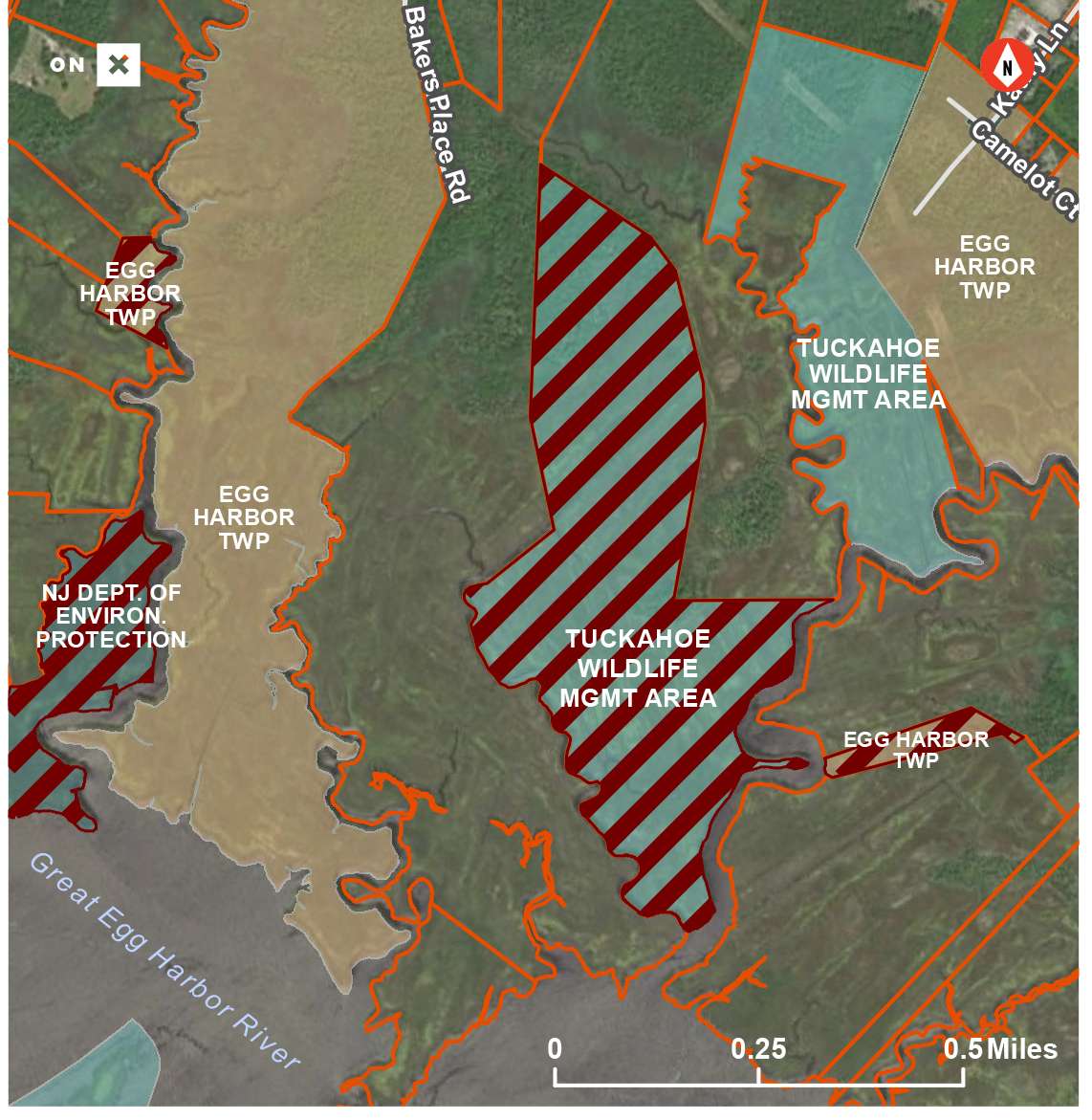Living off the land can be an appealing lifestyle for those seeking self-sufficiency and a closer connection to nature. However, it’s important to understand the legalities surrounding this way of life, especially when it comes to public lands. Generally, living off the land is legal on public lands, but permission is required for private property. Whether it’s foraging, hunting, or fishing, there are limits and regulations that need to be followed. Licenses are necessary for hunting and fishing, and harvesting firewood requires a permit. It’s crucial to research and understand local laws, regulations, and permits to ensure legal and sustainable off-grid living.
Understanding the Legalities of Living Off the Land
Living off the land has long been a dream for many individuals seeking a more self-sufficient and sustainable lifestyle. However, before embarking on this journey, it is important to understand the legalities surrounding such practices. Whether you plan to forage, hunt, fish, or even grow your own food and raise livestock, there are laws and regulations in place that must be followed to ensure a legal and sustainable off-grid living experience.
Living off the Land on Public Lands
Living off the land on public lands is generally legal, as these areas are intended for public use and enjoyment. However, it is important to note that while living off the land may be permitted, there are still limitations and regulations that must be followed.
Foraging, hunting, and fishing are activities that are typically allowed on public lands, but within legal limits. These limits can include restrictions on the types and quantities of plants, animals, and fish that can be harvested. It is crucial to research and understand the specific rules and regulations of the public land you plan to utilize for such purposes.
If you plan on hunting or fishing on public lands, it is necessary to obtain the appropriate licenses. These licenses are typically required to ensure the sustainability of these activities and to support wildlife conservation efforts. Hunting and fishing without the required licenses can result in penalties and legal consequences.
Permission Required for Private Property
Living off the land on private property is a different matter altogether. Unlike public lands, private property is owned by individuals or organizations, and ownership rights are enforced throughout the country, whether it is private or federal land. This means that living off the land on private property without permission is considered trespassing and unauthorized use of someone else’s resources.
To legally live off the land on private property, it is essential to obtain the owner’s permission. This may involve leasing or purchasing the land, or simply reaching out to the landowner and asking for their consent. Building a positive relationship with the landowner can also lead to potential partnerships or arrangements for a mutually beneficial off-grid living experience.
Foraging, Hunting, and Fishing on Public Lands
Foraging, hunting, and fishing are activities that are often associated with living off the land. On public lands, these activities are typically allowed, but it is important to understand and abide by the legal limits and regulations in place.
Foraging refers to the act of gathering wild edible plants, mushrooms, berries, and other natural resources. In general, foraging is legal on public lands, but there may be regulations on what and when you can forage. It is important to research and understand the specific rules of the public land you plan to forage on to ensure compliance with the law.
Hunting and fishing are also allowed on public lands, but licenses for these activities are usually required. These licenses serve as a means to regulate the number of animals that can be hunted or fish that can be caught, to ensure the sustainability of wildlife populations. Failure to obtain the necessary licenses can result in legal consequences, including fines and even the revocation of hunting and fishing privileges.
Trespassing and Unauthorized Use on Someone Else’s Property
Living off the land on someone else’s property without permission is considered trespassing and unauthorized use of their resources. Trespassing is a legal term that refers to the act of entering someone’s property without their consent.
When it comes to off-grid living, it is important to respect the rights of private landowners. Using their resources, such as timber, water, or even camping on their land, without permission is a violation of their property rights. Trespassing on private property can result in legal consequences including fines, imprisonment, and even civil lawsuits.
To avoid trespassing and unauthorized use, it is highly recommended to either own the land you plan to live off or obtain permission from the landowner. Building a positive relationship with the landowner can also lead to potential opportunities for cooperation or even the leasing or purchasing of the land for off-grid living purposes.
Ownership Enforcement of Private and Federal Lands
Ownership of property, whether it is private or federal land, is enforced throughout the country. This means that both private landowners and federal government agencies have the right to enforce their ownership rights and regulate the use of their property.
Private landowners have the right to control and manage the use of their land, including who can access it and for what purposes. This is why it is crucial to obtain the owner’s permission before living off the land on private property.
Federal government agencies, such as the National Park Service or the Bureau of Land Management, also have the authority to regulate the use of public lands under their jurisdiction. These agencies have established rules and regulations to ensure the conservation and sustainable use of these lands. It is important to review and follow these regulations when planning to live off the land on public lands.
Legalities of Growing Food and Raising Livestock
Growing your own food and raising livestock can be rewarding and environmentally-friendly practices. However, there are legalities and regulations that must be considered before embarking on these activities.
Growing Food Regulations and Variations by State and Zoning Laws
Growing food is generally allowed, as it is considered a fundamental aspect of self-sufficiency and sustainable living. However, regulations regarding growing food can vary from state to state and even within different municipalities.
Zoning laws play a significant role in determining what type of agricultural activities are allowed in a specific area. These laws can dictate the size and scale of food production, livestock regulations, and even the use of agricultural equipment or structures.
Before starting a garden or growing food on your off-grid property, it is crucial to research and understand the specific regulations and zoning laws that apply to your location. This will ensure that you are compliant with the law and can continue your off-grid lifestyle without any legal issues.
Restrictions and Agricultural Use Requirements for Raising Livestock
Raising livestock is another popular aspect of living off the land. However, there may be restrictions and requirements in place to ensure the welfare of the animals, protect the environment, and prevent the spread of diseases.
Some areas may have restrictions on the number of animals you can raise or the types of livestock allowed. There may also be requirements for proper housing, fencing, and waste management practices to ensure the health and safety of the animals and surrounding areas.
In addition, the land on which the livestock is raised must be designated for agricultural use. Zoning laws and regulations may dictate the size of the land required for a specific number of animals and may also establish setback requirements to protect neighboring properties.
Before engaging in livestock raising, it is essential to research and understand the specific regulations and requirements that apply to your location. Proper compliance will help maintain a legal and sustainable off-grid lifestyle.

Foraging and Harvesting Regulations
Foraging for wild edible plants and other natural resources is an activity that is often associated with living off the land. While foraging is generally legal, there may be regulations in place regarding what and when you can forage.
General Legality of Foraging
Foraging, in its essence, refers to the gathering of wild edible plants, mushrooms, berries, nuts, and other natural resources. In most cases, foraging for personal consumption is considered legal and a sustainable way to access natural food sources.
However, it is important to note that foraging regulations can vary by location, land ownership, and local regulations. Some public lands may have specific rules in place regarding foraging, such as the prohibition of collecting rare or endangered species, or restrictions on the amount that can be gathered.
On private lands, foraging is generally subject to the landowner’s rules and regulations. It is recommended to obtain permission from the landowner before foraging on their property to avoid any potential legal issues.
Regulations on What and When to Forage
While foraging is generally legal, there may be regulations in place regarding what and when you can forage. These regulations are typically designed to protect certain species or ecosystems.
It is important to research and understand the specific regulations that apply to the area you plan to forage in. This includes knowing which plant species are protected, restricted, or invasive, as well as any limitations on the quantity that can be harvested.
Some areas may also have specific seasons or times when foraging is allowed or prohibited. This is often to protect sensitive ecosystems or ensure the sustainability of certain plant species.
By familiarizing yourself with the regulations regarding foraging, you can ensure that your foraging practices are legal and sustainable.
Permit Requirement for Harvesting Firewood
Harvesting firewood is another activity that is commonly associated with off-grid living. However, it is important to note that in some areas, a permit may be required to legally harvest firewood.
Firewood permits are typically issued by government agencies and are intended to regulate the harvesting of trees for fuel. These permits often come with specific rules and regulations, such as restrictions on the size of trees that can be harvested, limitations on the quantity of firewood that can be collected, and designated areas where harvesting is permitted.
It is crucial to check with the appropriate authorities and obtain the necessary permits before harvesting firewood. Non-compliance with permit requirements can result in penalties and legal consequences.
Understanding Licenses and Permits
When living off the land and engaging in activities such as hunting, fishing, or trapping, it is important to understand and comply with the licensing and permitting requirements that are in place.
Different Licenses for Fishing, Hunting, and Trapping
Hunting, fishing, and trapping are activities that often require licenses to ensure the sustainability of wildlife populations and support conservation efforts. These licenses are typically issued by state wildlife agencies and come with specific rules and regulations.
Different types of licenses are available depending on the activity you wish to engage in. Hunting licenses are required for individuals who plan to hunt game animals, while fishing licenses are necessary for those who wish to fish in public water bodies. Trapping licenses, on the other hand, are required for individuals who plan to engage in trapping activities to control certain animal populations.
It is important to research and understand the specific licensing requirements for your desired activity and comply with the regulations to avoid legal consequences.
Consequences of Non-compliance with Permit Requirements
Non-compliance with permit requirements can have serious consequences when living off the land. Engaging in hunting, fishing, or trapping activities without the appropriate licenses can result in fines, the loss of hunting and fishing privileges, and even criminal charges in some cases.
It is crucial to obtain the necessary licenses and permits before engaging in these activities. Additionally, it is important to familiarize yourself with the rules and regulations associated with these licenses to ensure compliance with the law.

Importance of Researching Local Laws and Regulations
Researching and understanding local laws, regulations, and permits is crucial when it comes to legal and sustainable off-grid living. Laws and regulations can vary significantly from one area to another, and it is important to be aware of the specific requirements that apply to your location.
Understanding local laws and regulations allows you to stay compliant with the law and avoid legal issues. It also helps ensure that your activities are sustainable and do not harm the environment or wildlife populations.
Engaging in off-grid living without proper knowledge of the law can lead to consequences such as fines, legal actions, and the revocation of permits or licenses. By taking the time to research and understand the laws and regulations that apply to your off-grid lifestyle, you can enjoy a legal and sustainable living experience.
Variations in Laws and Regulations
Living off the land in the United States is subject to varying laws, regulations, and permits depending on location, land ownership, and local regulations. It is important to recognize that what may be legal and permissible in one area may not be the case in another.
States have the authority to enact their own laws and regulations regarding off-grid living, including foraging, hunting, fishing, and zoning regulations for agricultural activities. These laws can vary significantly from state to state, and it is crucial to understand the specific requirements that apply to your location.
In addition to state laws, federal laws and regulations also play a role in off-grid living. Federal lands, such as national parks and forests, are subject to their own set of regulations and permits. The federal government also oversees certain aspects of wildlife conservation and protection, which may impact the rules and regulations associated with hunting, fishing, and trapping.
Local regulations, such as county or municipal ordinances, may further regulate off-grid living activities. These regulations can include restrictions on the size and scale of agricultural activities, the use of natural resources, or even the disposal of waste.
To ensure legal compliance and a sustainable off-grid living experience, it is essential to research and understand the laws, regulations, and permits that apply to your specific location. Local resources, such as government websites, conservation organizations, or legal professionals, can provide valuable information and guidance to navigate the intricacies of living off the land within the boundaries of the law.
In conclusion, understanding the legalities of living off the land is essential for a successful and sustainable off-grid lifestyle. Whether you plan to forage, hunt, fish, grow your own food, or raise livestock, it is important to research and comply with the laws, regulations, and permits that apply to your specific location. By following the rules, obtaining the necessary licenses and permissions, and respecting private property rights, you can enjoy a legal and fulfilling off-grid living experience while preserving the environment and wildlife populations.





